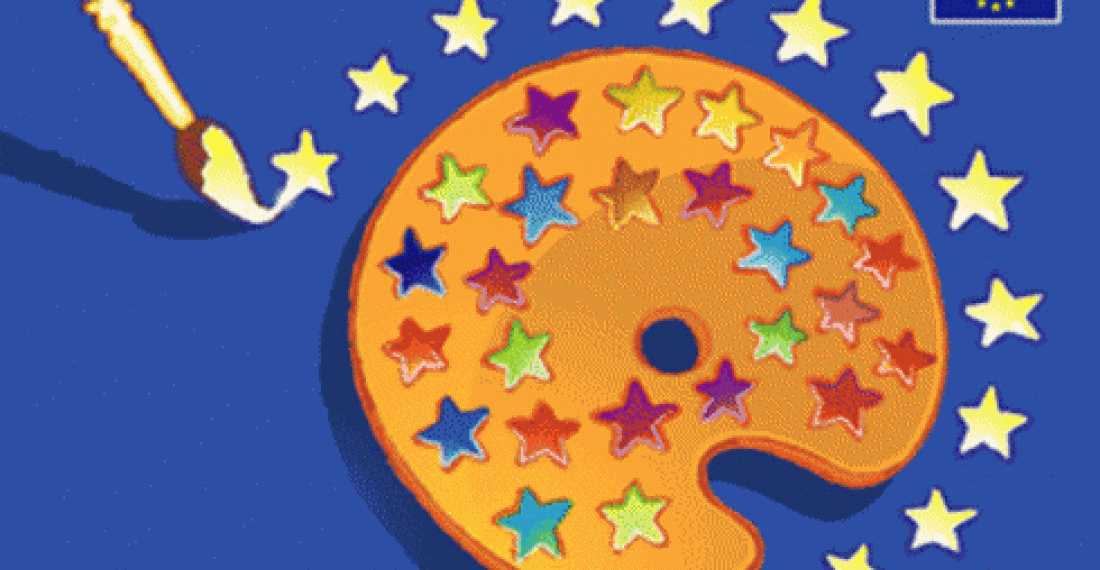The European Union marks 9 May as Europe Day. It is an opportunity to recall the history of the establishment of the European Union, and particularly the 1950 Schuman Declaration that set up the vision for a new Europe after the devastation of World War II.The Schuman Declaration was presented by French Foreign Minister Robert Schuman on 9 May 1950. It proposed the creation of a European Coal and Steel Community, whose members would pool coal and steel production.
The ECSC (founding members: France, West Germany, Italy, the Netherlands, Belgium and Luxembourg) was the first of a series of supranational European institutions that would ultimately become today's "European Union".
In 1950, the nations of Europe were still struggling to overcome the devastation wrought by World War II, which had ended 5 years earlier.
Determined to prevent another such terrible war, European governments concluded that pooling coal and steel production would - in the words of the Declaration - make war between historic rivals France and Germany "not merely unthinkable, but materially impossible".
It was thought - correctly - that merging of economic interests would help raise standards of living and be the first step towards a more united Europe. Membership of the ECSC was open to other countries.
The Schuman Declaration states,
"Europe will not be made all at once, or according to a single plan. It will be built through concrete achievements which first create a de facto solidarity."
The European Union today covers over 4 million km² and has 503 million inhabitants - the world's third largest population after China and India. It has twenty-eight member states. By surface area, France is the biggest EU country and Malta the smallest.
The motto of the Union is United in Diversity.
source: commonspace.eu with the Press and Information Service of the European Union.







